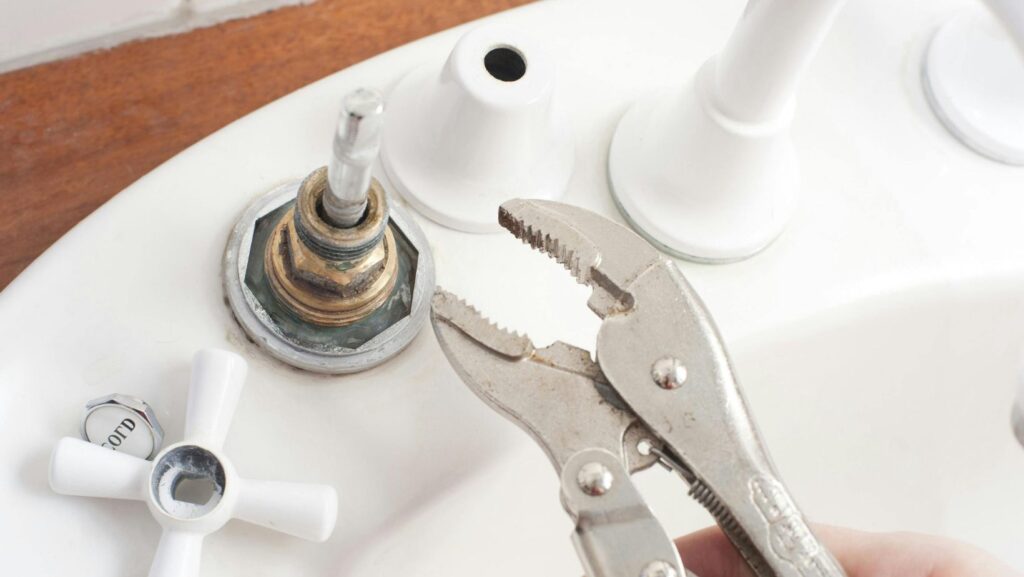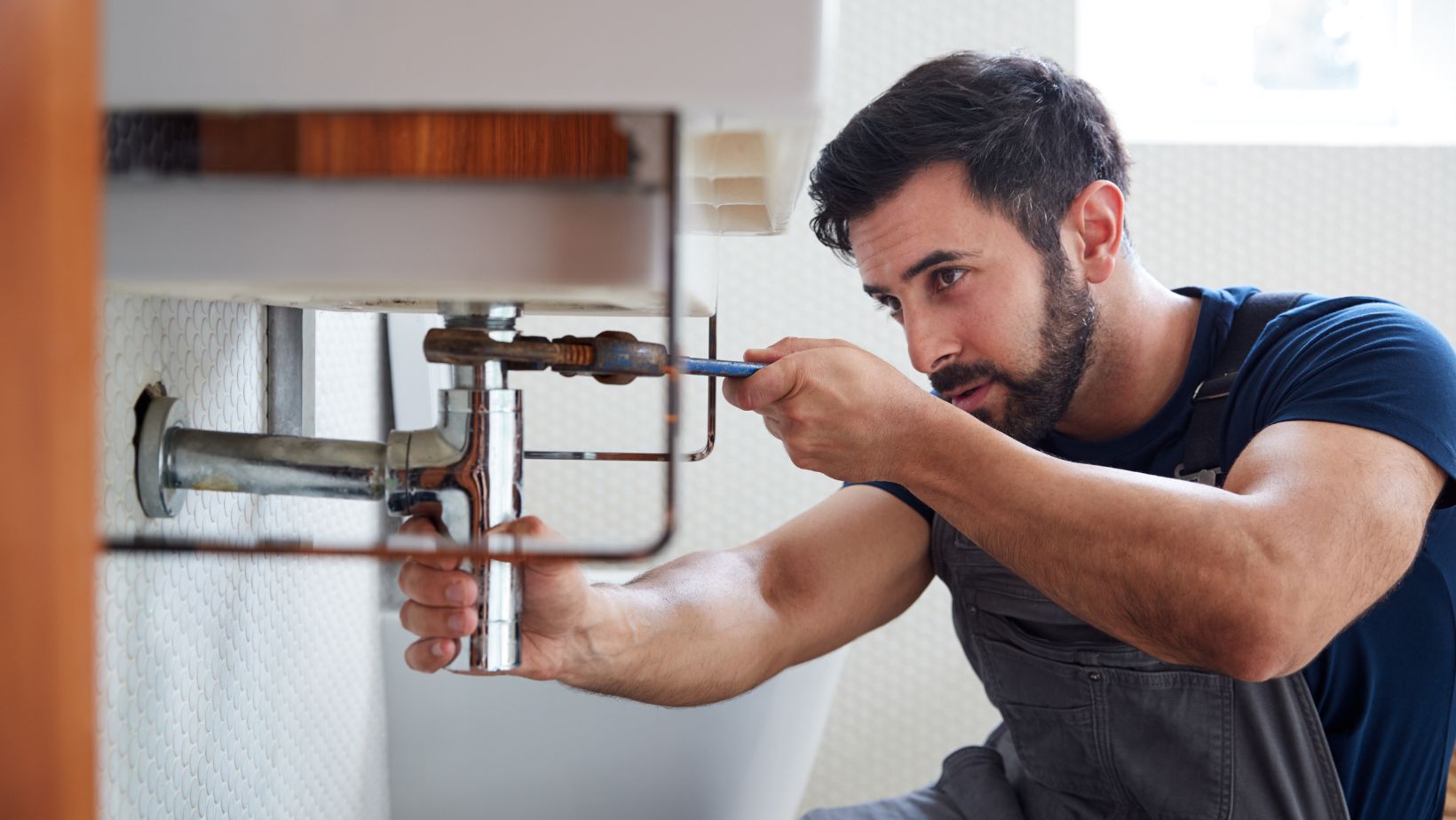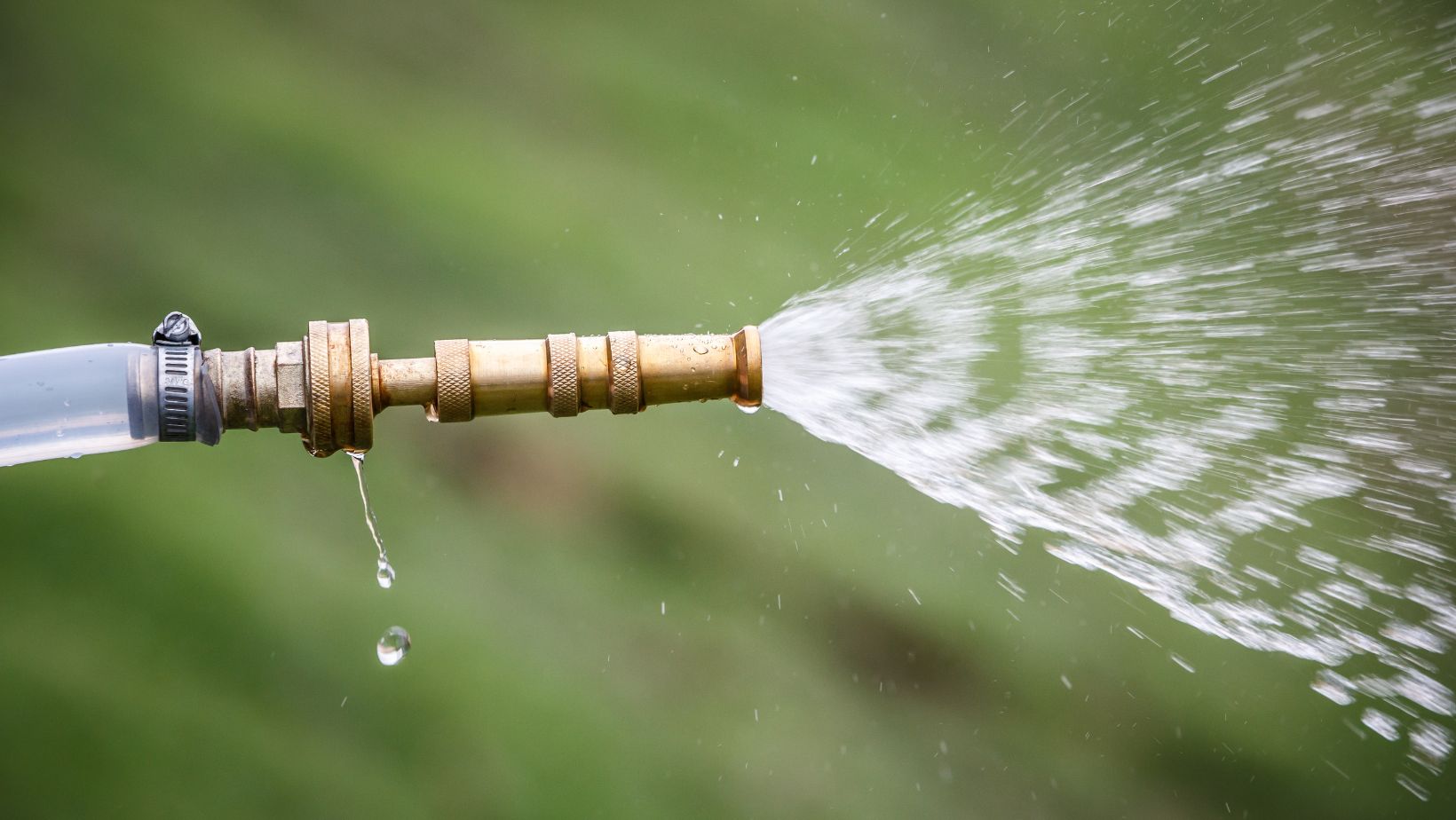When you’re dealing with stubborn clogs or slow drains, you might find yourself Googling things like, “Can I do hydro jetting myself?” And hey, it’s a fair question. Hydro jetting sounds like a high-powered solution—and it is. But is it really something a DIY enthusiast should attempt? Or is it better left in the hands of a seasoned professional? Let’s break it down together in this friendly, no-fluff guide to whether you should take the plunge yourself or pick up the phone and call a pro.
Contents
Table of Contents
ToggleWhat Is Hydro Jetting, Anyway?
Before we get into the nitty-gritty of whether you should DIY it, let’s talk about what hydro jetting actually is. Hydro jetting is a method of cleaning plumbing lines using high-pressure water streams. Think of it as pressure washing, but for the inside of your pipes. This technique blasts away grease, roots, scale, and other gunk that builds up inside pipes over time.
A hydro jetting machine typically includes a large water tank, a high-pressure hose, a nozzle designed to direct water at multiple angles, and a motor that can generate water pressures upwards of 4,000 PSI. That’s strong enough to cut through tree roots and hardened scale—so yes, it’s pretty intense.
The DIY Temptation: Can You Really Do It Yourself?
Alright, let’s get to the heart of it. You’re a capable person. You’ve fixed a leaky faucet, maybe even installed a new garbage disposal. So why not hydro jetting?
Well, here’s the thing. Just because you can rent a hydro jetting machine doesn’t mean you should. There are a few key reasons why DIY hydro jetting might not be the best idea:
1. It’s Not Just About the Equipment
Hydro jetting isn’t like using a garden hose. The equipment is specialized, heavy-duty, and can be dangerous if not handled properly. High-pressure water can cause serious injury if directed improperly. You’re also dealing with plumbing systems that you might not fully understand, and making a mistake can lead to a very expensive repair job.
2. Diagnosing the Problem
Plumbers use camera inspections before hydro jetting to locate clogs and assess pipe conditions. Why? Because blasting a cracked or fragile pipe with 4,000 PSI of water could make a bad situation way worse. Without the proper tools and know-how, you could end up turning a clog into a full-blown plumbing disaster.
3. Risk to Old or Fragile Pipes
If your plumbing system is older—like pre-1970s cast iron or clay pipes—it might not be able to handle the intense pressure. A pro knows how to evaluate your plumbing’s condition and adjust accordingly.
When DIY Might Be OK
Now, let’s be fair. If you’re dealing with a minor clog and you’re confident in your plumbing knowledge, there are some lower-pressure options like drain snakes or chemical-free solutions that might help.
Also, if you’re an experienced DIYer who’s done plenty of plumbing work before and has access to the right tools (including a sewer camera and a properly rated hydro jet), you might be able to handle a basic job. But these scenarios are the exception, not the rule.
Why Hiring a Pro Is Usually the Way to Go
Let’s flip the script now and talk about why bringing in a professional is usually your best bet.
1. Experience and Safety
Professionals are trained to use hydro jetting equipment safely and effectively. They know how to assess the type of clog, what nozzle to use, and how much pressure is appropriate. They’ve likely seen dozens of situations similar to yours and know exactly what to do.
2. Proper Diagnosis
As mentioned earlier, pros usually conduct a camera inspection before jetting. This helps ensure the clog isn’t something that would be made worse by high-pressure water, like a collapsed or badly corroded pipe.
3. Guaranteed Results
Let’s face it—nothing’s worse than spending a day wrestling with equipment, only to find the clog is still there. A pro will get the job done right the first time. Many even offer guarantees or warranties on their work.
4. It’s Cost-Effective (Seriously)
Renting hydro jetting equipment isn’t cheap. Add in the cost of tools you might not have, potential damages if something goes wrong, and your own time, and suddenly hiring a plumber starts to sound like a pretty smart move.
What to Expect When Hiring a Pro
If you do decide to call in a plumber for hydro jetting, here’s what the process usually looks like:
- Inspection: They’ll perform a camera inspection to locate and diagnose the clog.
- Assessment: They’ll evaluate the pipe material and condition to ensure it’s safe for hydro jetting.
- Jetting: Using the appropriate nozzle and pressure, they’ll thoroughly clean your pipes.
- Final Check: Often, they’ll do a post-jetting inspection to confirm the problem is resolved.
Final Verdict: DIY or Pro?
So, back to the big question: Can I do hydro jetting myself?
Technically, yes. Practically and safely? It’s best to leave it to the pros. The risks, complexity, and potential for property damage just aren’t worth it unless you’re incredibly experienced and well-equipped.
Hydro jetting is an amazing solution for tough clogs and dirty drains, but it’s powerful enough to demand respect. If you want peace of mind and a job well done, hiring a professional plumber is the smartest and safest route.
And hey, there’s no shame in leaving some things to the experts—especially when high-pressure water and your home’s plumbing are involved.



